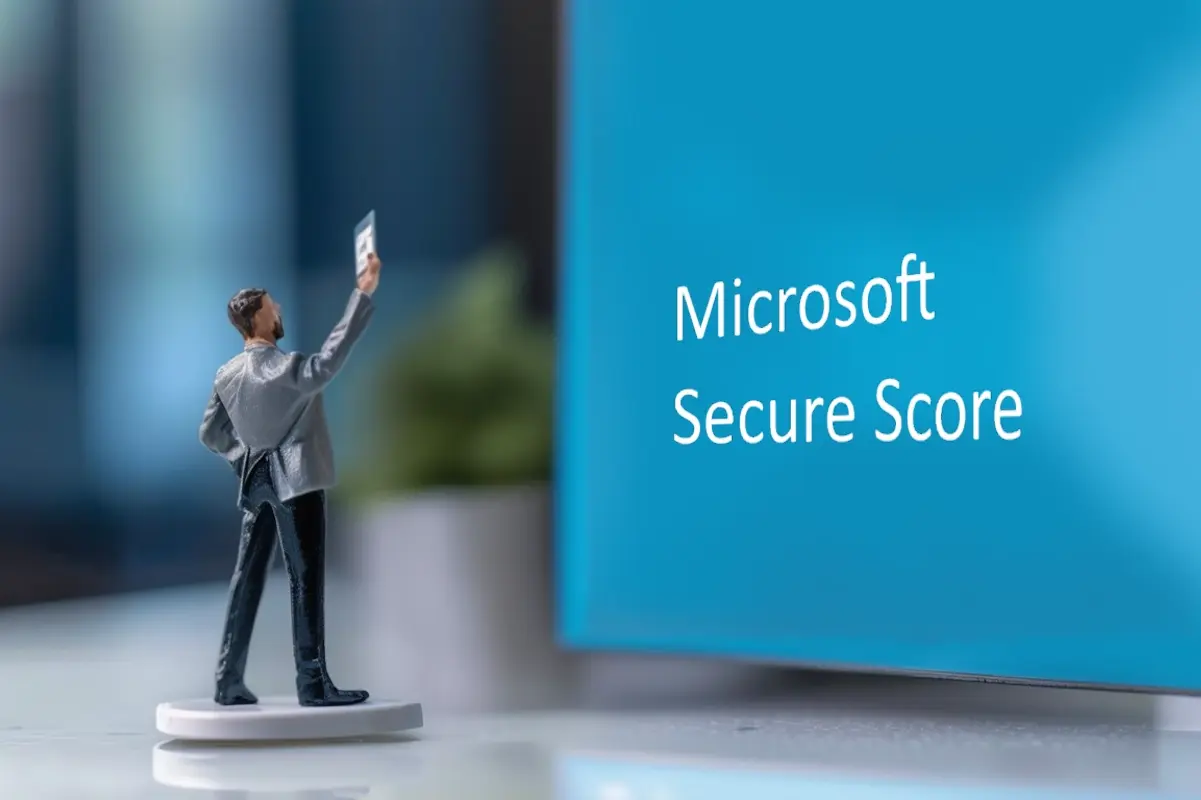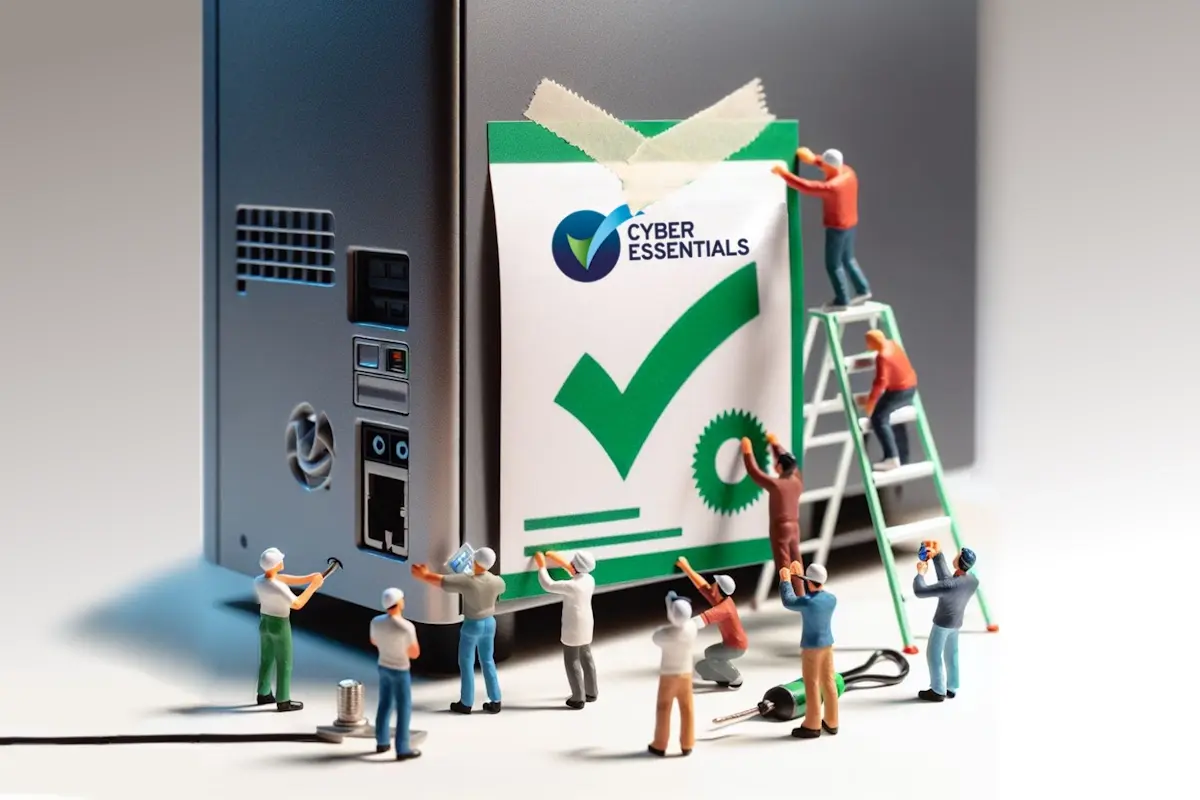5 tips to protect your VoIP from cyberattacks
Hardly any phone call system in a business beats VoIP when it comes to efficiency and flexibility. However, it’s not immune to cyberattacks....
Our client portal provides all the tools you need to create, view or update your support requests.
For urgent IT support during business hours, or if you suspect anything suspicious call 01314528444 for the fastest response.
If one of our team has asked you to start a remote control session on your computer, use the remote control menu option above.
2 min read
itfoundations
Originally posted on July 10, 2023
Last updated on September 23, 2024
Many of us work from home these days but is your home actually safe to work from? Securing your home network has become more critical than ever. A secure home network is essential for protecting your personal data from hackers.
From phishing to smishing, the challenge of avoiding breaches is increasing. At home, where safeguards are often fewer than at work, both personal and company data face heightened risks.
Approximately 46% of businesses experienced at least one cybersecurity incident within two months of transitioning to remote work.
The positive news is that there is a wealth of resources available on home network security. Many of the measures are straightforward and can significantly reduce the risk of a data breach at home.
The American National Security Agency (NSA) has outlined best practices for securing home networks. Despite being from a U.S. agency, these guidelines are equally applicable to users in the UK. Below, we'll highlight some of the most valuable tips.
The initial step to secure your home network involves altering the default login credentials for your router and connected devices. Default usernames and passwords are commonly known to hackers, making this change crucial for enhanced security. Below is a list of common Home Broadband router IP addresses in the UK. This is where you will go to sign in and change your credentials:
Encryption is essential for safeguarding data by encoding information so that only authorised parties can access it. Confirm that your home network uses WPA2 or WPA3 encryption, as it prevents hackers from intercepting and reading your data.
Regularly updating the firmware on your router and connected devices is vital to address security vulnerabilities. Check for firmware updates through the router’s web interface or the manufacturer’s website at least once a month.
A firewall monitors and controls network traffic, both incoming and outgoing. Activate the built-in firewall on your router through the web interface to defend against malicious traffic and unauthorized access.
Manufacturers often enable default services on routers, including file sharing and remote management. Disable any unnecessary services to reduce the risk of exploitation by hackers.
Ensure the security of your Wi-Fi network by changing the default SSID, disabling SSID broadcast, enabling MAC address filtering, and turning off Wi-Fi Protected Setup (WPS). These measures prevent unauthorized access to your network.
Implement strong passwords with a minimum length of 12 characters for your router and connected devices. The Three Random Words approach is recommended for creating robust passwords.
Establish a separate guest network for visitors, preventing them from accessing your primary network. This protects your primary network from potential security threats.
Secure your router in a locked cabinet or a room with restricted access to minimize physical security risks. Disable physical access to the router’s web interface, especially when guests or children may attempt to tamper with settings.
If you feel your organisation could benefit from expert advice to secure your remote workers then get in touch today.

Hardly any phone call system in a business beats VoIP when it comes to efficiency and flexibility. However, it’s not immune to cyberattacks....

Discover how Microsoft Secure Score can help you review and improve your organisation's security posture.

Cyber Essentials is the official UK cyber security standard, but what is it, and do you need it?